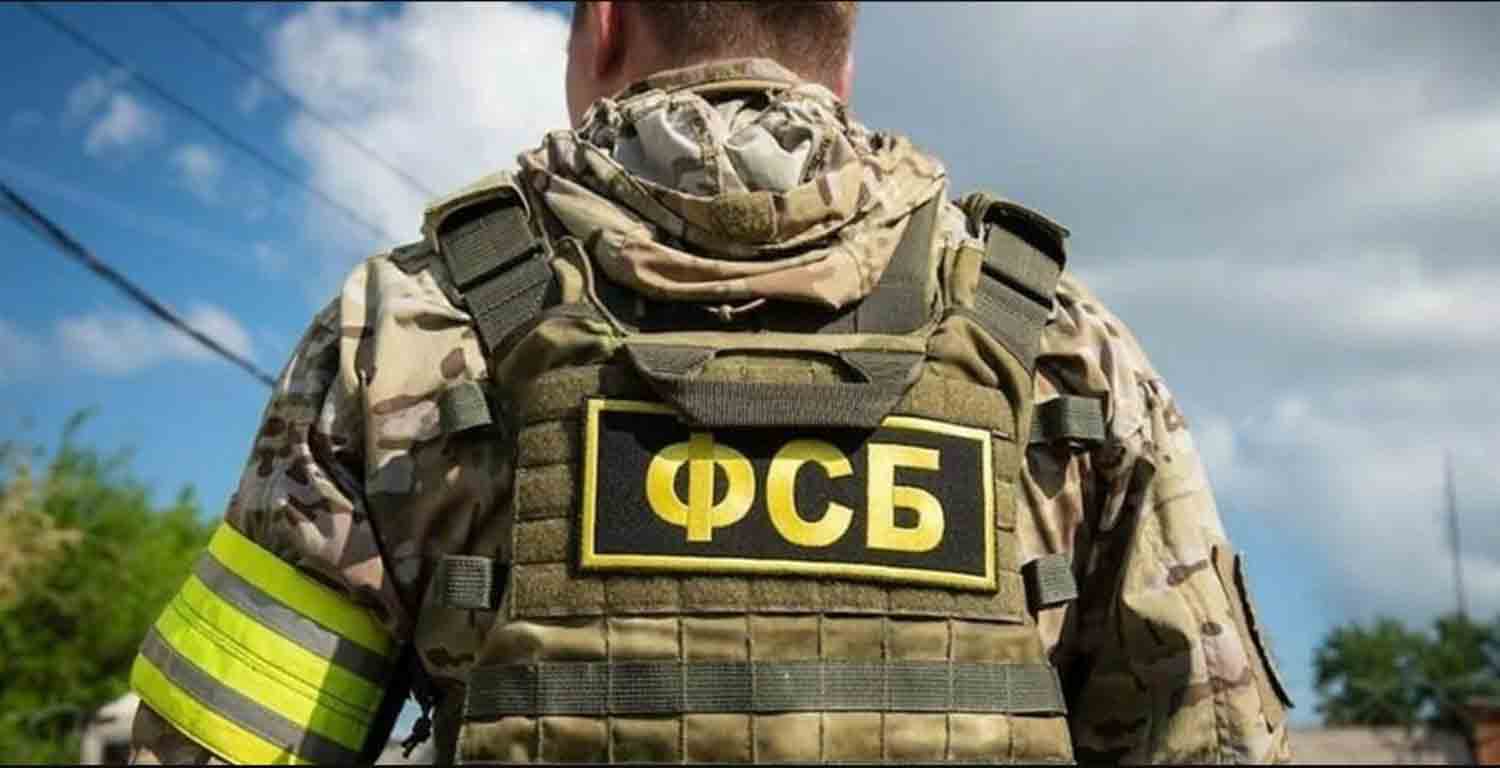Ukrainian President Volodymyr Zelensky expressed his hope that the United States will remain resolute against Russian demands to lift sanctions as a prerequisite for a ceasefire in the Black Sea region.
Moscow announced that a maritime truce, intended to ensure safe passage for commercial vessels, would only take effect once Western sanctions on Russia‘s food and fertilizer exports are removed.
Zelensky made these remarks during a panel discussion in Paris with European journalists.
When inquired whether the US would withstand Russian pressure, he replied, “I hope so. God bless, they will. But we’ll see.”
On Tuesday, the White House confirmed that Russian and Ukrainian representatives had reached an agreement for a ceasefire in the Black Sea following three days of separate discussions with American officials in Saudi Arabia.
However, shortly after, the Kremlin issued a statement outlining its own set of conditions.
These conditions include the lifting of Western sanctions on financial institutions involved in agricultural trade and restoring their access to the Swift international payment system, which enables secure financial transactions.
Trump indicated that the US government was “looking at” Moscow’s request to remove the restrictions, while the EU stated on Wednesday that it would not consider lifting sanctions until there is an “unconditional” withdrawal of Russian forces from Ukraine’s internationally recognized borders.
During the panel in Paris, Zelensky expressed his gratitude for the bipartisan support from the US but voiced concerns that some individuals might be “influenced by Russian narratives.”
“We cannot accept those narratives,” he asserted.
When asked whether US President Donald Trump had a closer relationship with him or with Russian President Vladimir Putin, Zelensky admitted uncertainty.
“I don’t know—it’s hard for me to say,” he stated. “I have no insight into his relationships or the number of conversations he has had.”
The Ukrainian president was questioned about remarks made by Trump envoy Steve Witkoff, who recently dismissed Europe’s attempts to form a “coalition of the willing” to support Ukraine during an interview.
In his reply, Zelensky stated that he would refrain from making “hasty conclusions.”
He pointed out that Witkoff, who has a background in real estate, lacked the necessary experience in this context.
“As far as I know, he is quite adept at buying and selling property, but that is a different matter,” he remarked.
Zelensky also emphasized that Europe had “significantly strengthened itself” throughout the war.
When the BBC inquired about how he would be remembered in history—whether as the leader who saved Ukraine or the one who allowed it to fall—he responded, “I cannot predict what history will say about me. That is not my aim.”
His focus, he explained, is on defending Ukraine and ensuring that his children can “walk their streets without fear.”
“I will do everything in my power for as long as I live to defend Ukraine,” he asserted.
Regarding Ukraine’s potential NATO membership, Zelensky expressed that his “battle-hardened” nation would enhance the alliance, although he acknowledged that the Trump administration had previously dismissed the idea of Kyiv joining.
The interview occurred shortly after Zelensky’s meeting with French President Emmanuel Macron in Paris, where the Eiffel Tower was illuminated in the colors of the Ukrainian flag in his honor.
Ukraine’s president has returned to Europe to galvanize his allies and emphasize the seriousness of the threat posed by Putin.
While they are now responding—some might say urgently—they have previously depended on the United States to provide substantial military support.
In light of recent comments from Trump, Europeans have come to understand that American support may not be guaranteed in the future, prompting them to reconsider their stance.
President Zelensky’s task is to persuade them to commit real financial resources rather than merely expressing goodwill.
His discussions with Macron have already yielded positive results, as the French president announced a new military aid package worth €2 billion ($2.2 billion; £1.6 billion) for the embattled nation.
In response to the Kremlin’s demand to lift sanctions, Macron stated that Moscow cannot “dictate the conditions” for peace and emphasized that it is premature to consider easing European sanctions on Russia.
This comes ahead of a meeting of European leaders in Paris on Thursday, co-hosted by Macron and British Prime Minister Sir Keir Starmer, to address the ongoing conflict in Ukraine.
The “coalition of the willing,” which does not include the US, is working to establish an agreement on the support that European and other nations could provide to uphold a potential ceasefire, should one be reached.
Sir Keir is expected to inform the gathering that “Europe is stepping up to fulfill its role in defending Ukraine’s future.”
“Now Putin needs to demonstrate his willingness to cooperate,” he will assert.
Discover more from Defence Talks | Defense News Hub, Military Updates, Security Insights
Subscribe to get the latest posts sent to your email.





